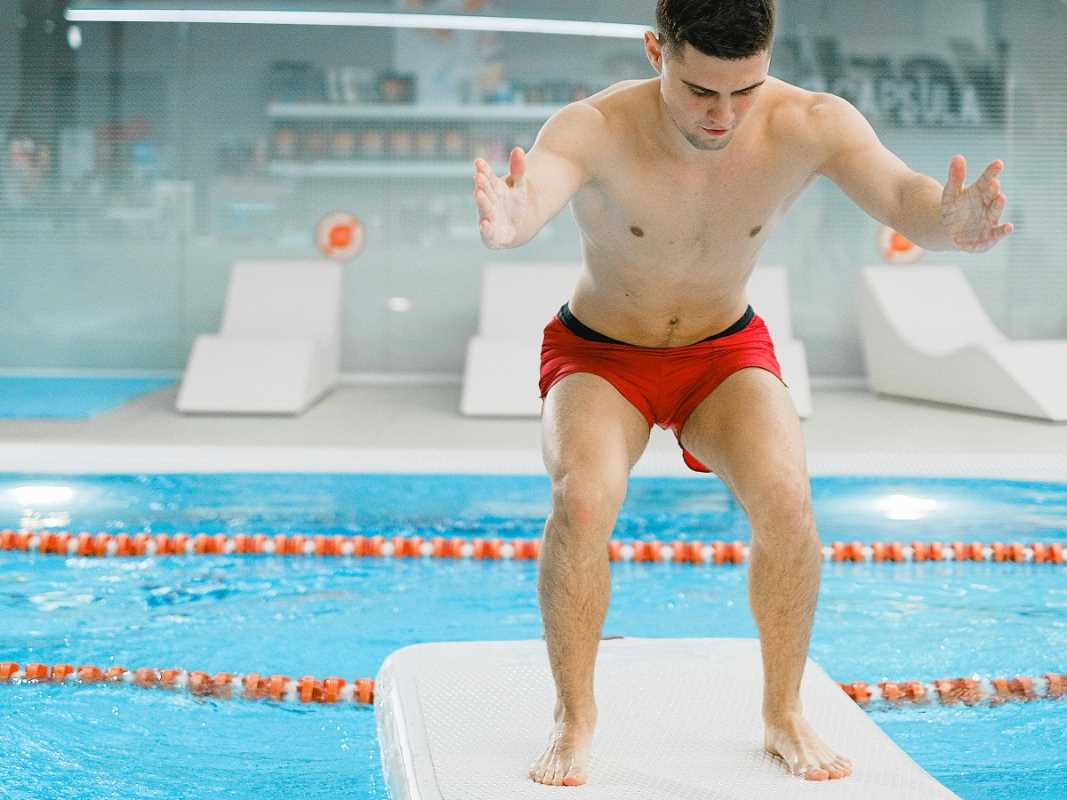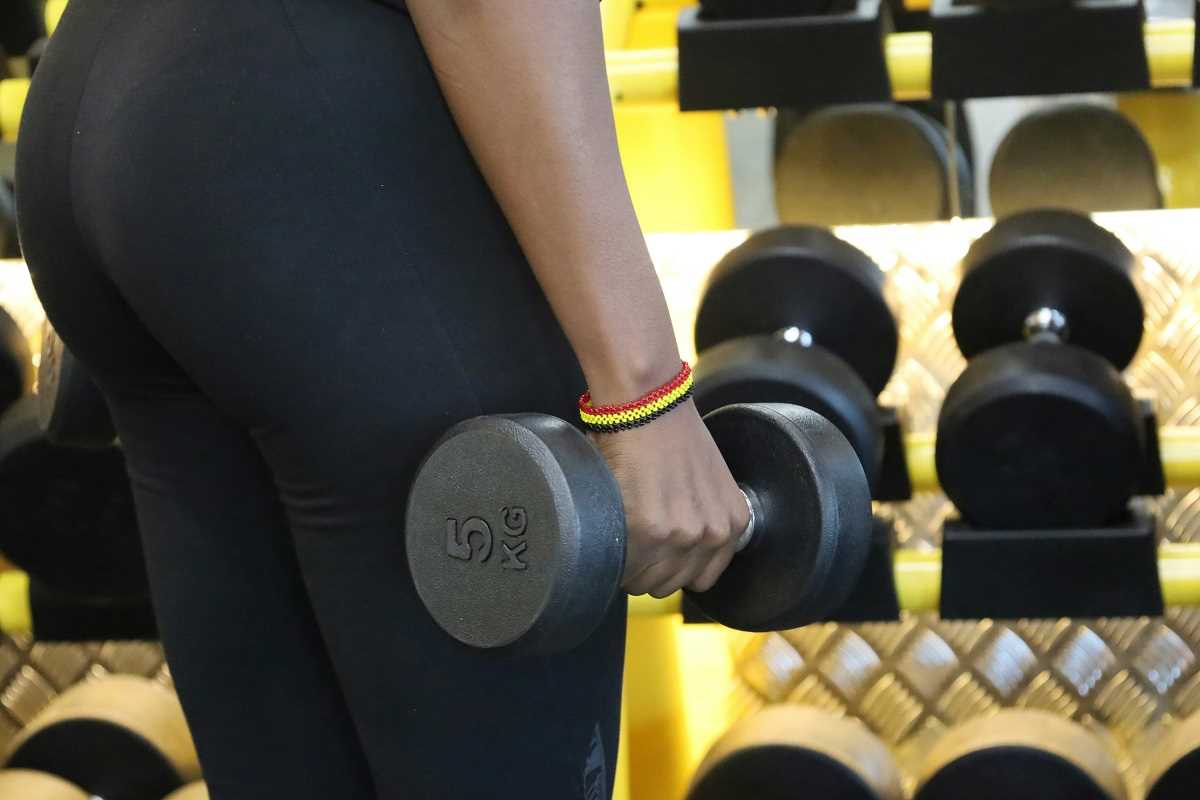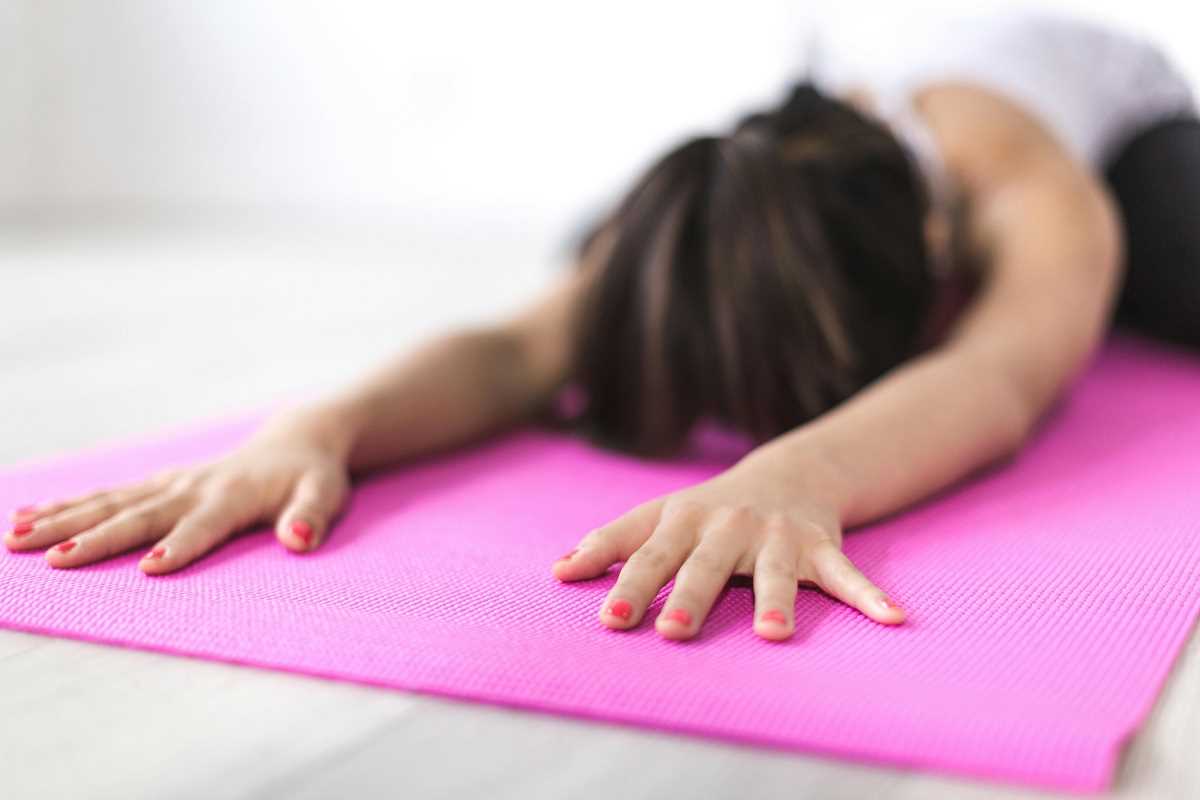Competitive swimming demands not only physical prowess but also mental resilience. As swimmers push their bodies to the limit in training and competitions, the importance of effective recovery strategies becomes paramount. Meditation has emerged as a valuable tool for enhancing recovery and overall performance in athletes. By integrating meditation into their routines, competitive swimmers can achieve a balanced approach to training that supports both their physical and mental well-being.
Benefits of Meditation for Swimmers
Meditation offers a range of benefits that are particularly beneficial for competitive swimmers. These advantages encompass both physiological and psychological aspects, contributing to improved overall performance and recovery.
- Enhanced Mental Focus: Meditation helps swimmers develop a heightened sense of concentration, allowing them to maintain focus during intense training sessions and competitions.
- Stress Reduction: The practice of meditation effectively lowers stress levels, which can prevent burnout and maintain a positive outlook throughout the swimming season.
- Improved Sleep Quality: Regular meditation promotes better sleep patterns, facilitating muscle recovery and energy restoration essential for daily training.
- Increased Flexibility: Meditation techniques that incorporate mindful movements can enhance physical flexibility, reducing the risk of injuries.
- Better Emotional Regulation: Swimmers can manage emotions more effectively, maintaining composure under the pressures of competition.
- Accelerated Recovery: By promoting relaxation and reducing muscle tension, meditation assists in faster recovery after strenuous workouts.
Meditation Techniques for Swimmers
There are several meditation techniques that competitive swimmers can incorporate into their training regimen to maximize the benefits of meditation. These methods focus on both mental and physical aspects to support overall athletic performance.
- Mindfulness Meditation: This technique involves paying deliberate attention to present moments without judgment. Swimmers can use mindfulness to stay focused during training and to recover mentally after races.
- Breathing Exercises: Controlled breathing helps in managing stress and improving lung capacity. Techniques such as diaphragmatic breathing can enhance oxygen intake and endurance.
- Visualization: Swimmers can visualize their races, imagining each stroke and turn perfectly executed, which can boost confidence and performance.
- Body Scan Meditation: This method involves mentally scanning the body for areas of tension, promoting physical relaxation and awareness of muscular states.
- Guided Meditation: Using audio recordings or a coach to lead meditation sessions can provide structure and focus, making it easier for swimmers to integrate meditation into their routines.
- Progressive Muscle Relaxation: Alternating between tensing and relaxing different muscle groups helps in reducing overall muscle tension and enhancing recovery.
Case Studies: Success Stories
Many competitive swimmers have successfully integrated meditation into their training, reaping significant benefits in their performance and recovery. One notable example is Michael Phelps, who has openly discussed his meditation practices as a key component of his mental preparation for races. By incorporating mindfulness and visualization techniques, Phelps was able to maintain focus and composure, contributing to his record-breaking achievements.
Another inspiring story is that of Katie Ledecky, a renowned long-distance swimmer. Ledecky utilizes breathing exercises and guided meditation to enhance her mental stamina during grueling training sessions and to recover more effectively after competitions. Her dedication to mental training has been a crucial factor in her sustained success and ability to perform consistently at the highest levels.
Overcoming Challenges in Meditation
While meditation offers numerous benefits, competitive swimmers may encounter challenges when attempting to incorporate it into their routines. Recognizing these obstacles and implementing practical solutions can facilitate a successful integration of meditation practices.
- Lack of Time: Swimmers often have demanding schedules, making it difficult to find time for meditation. Solution: Incorporate short, 5-10 minute sessions into daily routines or utilize meditation during warm-ups or cool-downs.
- Difficulty Focusing: Beginners may struggle with maintaining focus during meditation. Solution: Start with guided meditation sessions or use apps designed to aid concentration.
- Skepticism: Some athletes may be unsure about the effectiveness of meditation. Solution: Educate swimmers on the scientifically proven benefits and encourage them to try different techniques to find what works best.
- Consistency: Maintaining a regular meditation practice can be challenging. Solution: Schedule meditation at the same time each day and set reminders to build a habit.
- Physical Discomfort: Sitting or holding a particular posture might cause discomfort. Solution: Experiment with different meditation postures, such as lying down or using a comfortable chair.
Integrating Meditation into Training
Successfully incorporating meditation into a swimmer’s training regimen requires thoughtful planning and commitment. Here are some practical strategies to seamlessly integrate meditation into daily workouts:
Begin by allocating specific times for meditation, such as post-training sessions when muscles are warm and the mind is more receptive to relaxation. Utilizing short meditation sessions can make it easier to stay consistent without overwhelming the schedule. Additionally, collaborating with coaches to include meditation in the training program can provide structure and reinforce its importance.
Swimmers can also use meditation to enhance their pre-race routines, allowing them to enter competitions with a clear and focused mind. Techniques like visualization and breathing exercises can be particularly effective in preparing mentally for the challenges of a race. By making meditation for recovery a regular part of their training, swimmers can experience improved performance and a more balanced approach to their athletic pursuits.
Meditation stands out as a valuable recovery tool for competitive swimmers, offering a multitude of benefits that enhance both physical and mental performance. By adopting various meditation techniques and overcoming initial challenges, swimmers can integrate meditation into their training routines effectively. Embracing meditation not only supports recovery but also fosters a holistic approach to athletic excellence.
 (Image via
(Image via





